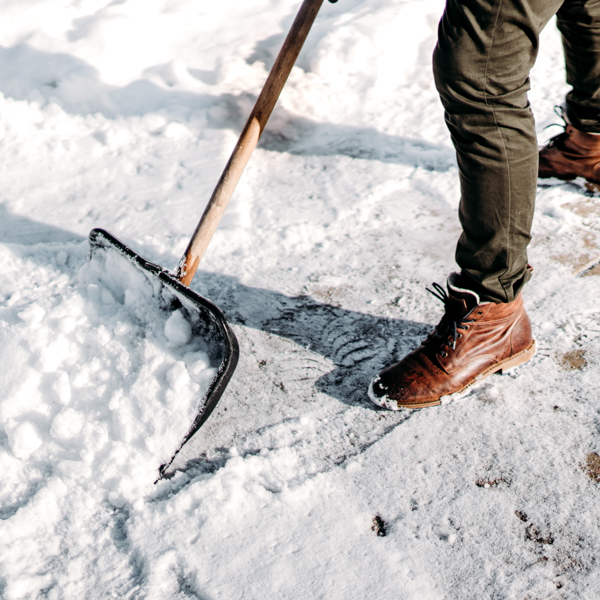Stay safe and healthy with these health and wellness tips for winter.
As we head into the winter months, we envision a cozy season cuddled up with warm blankets, savory foods, our families and maybe a long winter’s nap or two. What we don’t want are the less pleasant things that can come with winter: colds and flu, accidents from slippery sidewalks and roads, and a dreary mental funk. To avoid those problems and get through winter on the healthiest, safest note possible, consider these 11 winter wellness tips:
1. Wash hands often to help prevent the spread of germs.
This is one of the most important tips for staying healthy, because this is flu season. Wash your hands with soap and clean running water for at least 20 seconds. Wash up after using the bathroom, before eating or handling food, and whenever you arrive home after being in a public place – and even more often if someone you live or work with is sick.
2. Manage stress.
Give yourself a break if you feel stressed out, overwhelmed or out of control. Some of the best ways to manage stress are to find support, connect socially and get plenty of sleep. (There’s your excuse for that long winter’s nap.)
3. Layer your clothing and your children’s appropriately, to stay warm and dry in the cold weather.
Wear appropriate outdoor clothing: lightweight but warm layers (one of those quilted vests over a shirt and under a jacket is ideal); gloves; hats; scarves; and waterproof boots. You can always strip off a layer if the afternoon sun raises the temperature.
4. Be smoke-free.
Avoid smoking and secondhand smoke. Smokers have greater health risks because of their tobacco use, but nonsmokers also are at risk when exposed to tobacco smoke.
5. Fasten seat belts while driving or riding in a motor vehicle.
Always buckle your children into the car using a child safety seat, booster seat or seat belt according to their height, weight and age. Buckle up every time, no matter how short the trip, and encourage passengers to do the same. But do not keep children in their winter coats when you buckle them into their car seats. Instead, drape coats over them after buckling them in, to avoid inadvertently strapping them in too loosely.
6. Get exams and screenings.
These can be different for men and women. Ask your health care provider which exams you need and when to get them.
7. Get your vaccinations.
This helps prevent many serious diseases and saves lives. Your primary care provider can tell you if you’re due for a particular immunization.
8. Monitor children.
This is especially important during the busy holiday season when there tends to be a lot of distractions and disruptions of the usual family routine. Keep potentially dangerous toys, food, drinks, household items and poisons (including medication) out of children’s reach. Be aware of age limits on children’s toys whenever you’re shopping for gifts.
9. Practice fire safety.
Most residential fires occur during the winter months. Don’t leave fireplaces, space heaters or candles burning, or food cooking on stoves unattended. Have an emergency plan for escaping your house and practice it regularly.
10. Prepare food safely.
Remember these simple steps: Wash hands and surfaces often, avoid cross-contamination, cook foods to proper temperatures and refrigerate them promptly.
11. Eat healthy and stay active.
A few treats here and there are fine, but load your everyday diet with fruits and vegetables, which pack nutrients and help lower the risk for certain diseases. Limit your portion sizes and foods high in fat, salt and sugar. Also, be active for at least 2-1/2 hours a week and help kids and teens be active for at least 1 hour a day. The exercise helps avoid weight gain, burns off stress and provides a welcome break from a frenzied schedule.




